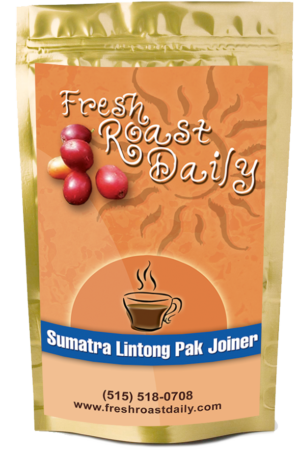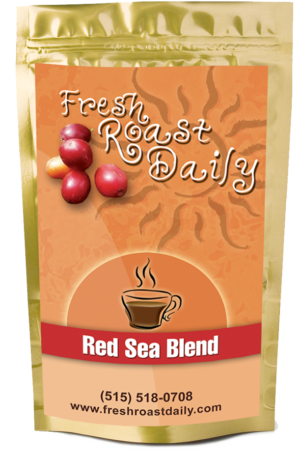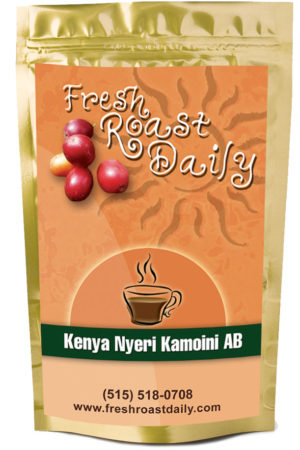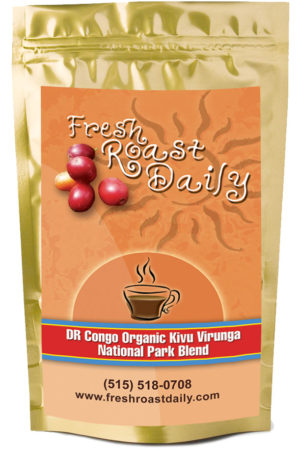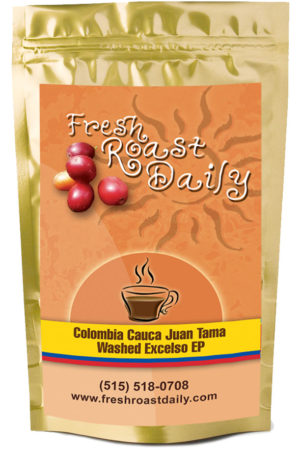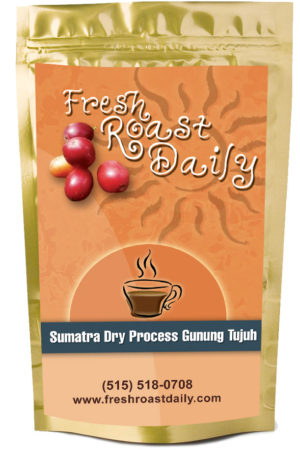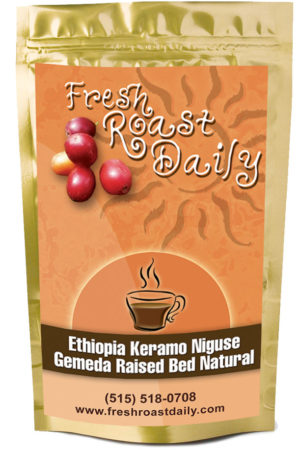Sumatra Dry Process Gunung Tujuh
$11.00 – $16.00
Palm and date sugar, herbaceous aroma, dried basil, tarragon, fruited accents of fig bar and dried prune, along with a root-y note of sarsaparilla that points to some of the earth tones. City+ to Full City+.
| Region | Gunung Tujuh and Kayu Aro, Mount Kerinci |
|---|---|
| Processing | Dry Process |
| Drying Method | Raised Bed Sun-Dried |
| Arrival date | October 2019 Arrival |
| Lot size | 20 |
| Bag size | 60 KG |
| Packaging | GrainPro Liner |
| Farm Gate | Yes |
| Cultivar Detail | Ateng, Jember, Tim Tim |
| Grade | Grade 1 |
| Appearance | 1+ d/300gr, 15-17 screen – expect some broca damage, split beans, quakers…typical of Sumatran coffee |
| Roast Recommendations | City+ to Full City+ |
| Type | Farm Gate |
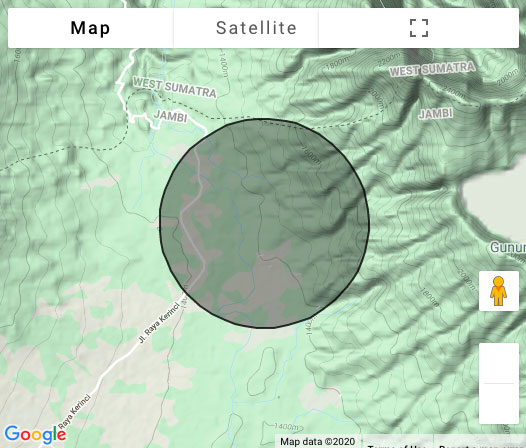 This is a dry processed lot, so different than the typical giling basah method and starts with the coffee cherry being thrown straight to the drying beds, fully intact. Because the fruit is still on the seed, the drying time is exponentially longer than when the fruit is removed prior to drying, sometimes taking up to 3 weeks time. During this period, there is a slight fermentation that occurs inside the cherry, and the coffee is turned regularly to keep the coffee drying evenly and avoiding mold. The process no doubt influences cup flavors, as you’ll likely taste with this coffee, and you can expect fruit flavor notes, mild acidity and big body as a result. This coffee comes from Gunung Tujuh and Kayu Aro areas, two higher elevation areas around Mount Kerinci. There’s a cooperative that serves this growing area, and who produce wet hulled, honey/wet hulled (a hybrid process coming later), and fully washed coffees. The farms in this area are planted in older Typica types, and benefit from the high slopes, situated between 1400 – 1500 meters above sea level. Right now we have four different process types from this cooperative, a unique opportunity to try them all side by side and taste the role processing plays on cup flavors: Check out the wet-process, honey-process and giling basah lots from this cooperative. This lot was a later 2019 arrival, but the cupping notes in this review are based off a November 2020 cup test. The coffee has held up extremely well and still scores above 87 points!
This is a dry processed lot, so different than the typical giling basah method and starts with the coffee cherry being thrown straight to the drying beds, fully intact. Because the fruit is still on the seed, the drying time is exponentially longer than when the fruit is removed prior to drying, sometimes taking up to 3 weeks time. During this period, there is a slight fermentation that occurs inside the cherry, and the coffee is turned regularly to keep the coffee drying evenly and avoiding mold. The process no doubt influences cup flavors, as you’ll likely taste with this coffee, and you can expect fruit flavor notes, mild acidity and big body as a result. This coffee comes from Gunung Tujuh and Kayu Aro areas, two higher elevation areas around Mount Kerinci. There’s a cooperative that serves this growing area, and who produce wet hulled, honey/wet hulled (a hybrid process coming later), and fully washed coffees. The farms in this area are planted in older Typica types, and benefit from the high slopes, situated between 1400 – 1500 meters above sea level. Right now we have four different process types from this cooperative, a unique opportunity to try them all side by side and taste the role processing plays on cup flavors: Check out the wet-process, honey-process and giling basah lots from this cooperative. This lot was a later 2019 arrival, but the cupping notes in this review are based off a November 2020 cup test. The coffee has held up extremely well and still scores above 87 points!
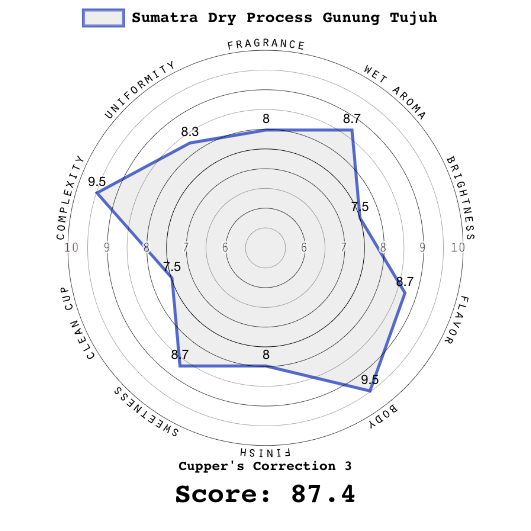 What an interesting and unique Sumatra cup, the process method bringing out dried, sticky fruit flavors amidst the more typical herbal and earth-toned Sumatran coffee characteristics. The dry fragrance and aroma have a sweetness of palm and date sugars, both showing a molasses-like smell with rustic pungency, and also present hints of dried date. I pick up on an herbal flavor note in middle and dark roasts that reminds me of dried basil, a hint of tarragon too. An herbaceous aroma lines this complex coffee, and accents fruited flavors like fig bar filling, and dried prune, along with a root-y note of sarsaparilla that points to some of the earth tones also present. An intense brew with body to match and my preferred roasts were in the realm of City+ to Full City and I imagine Full City+ will capture quite a bit more of the bittersweet side this coffee is capable of producing.
What an interesting and unique Sumatra cup, the process method bringing out dried, sticky fruit flavors amidst the more typical herbal and earth-toned Sumatran coffee characteristics. The dry fragrance and aroma have a sweetness of palm and date sugars, both showing a molasses-like smell with rustic pungency, and also present hints of dried date. I pick up on an herbal flavor note in middle and dark roasts that reminds me of dried basil, a hint of tarragon too. An herbaceous aroma lines this complex coffee, and accents fruited flavors like fig bar filling, and dried prune, along with a root-y note of sarsaparilla that points to some of the earth tones also present. An intense brew with body to match and my preferred roasts were in the realm of City+ to Full City and I imagine Full City+ will capture quite a bit more of the bittersweet side this coffee is capable of producing.

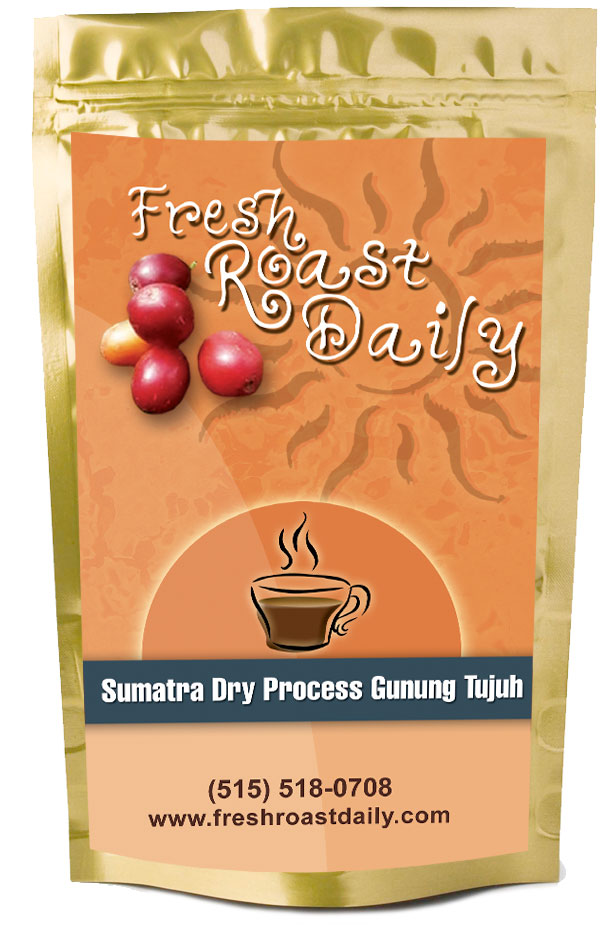
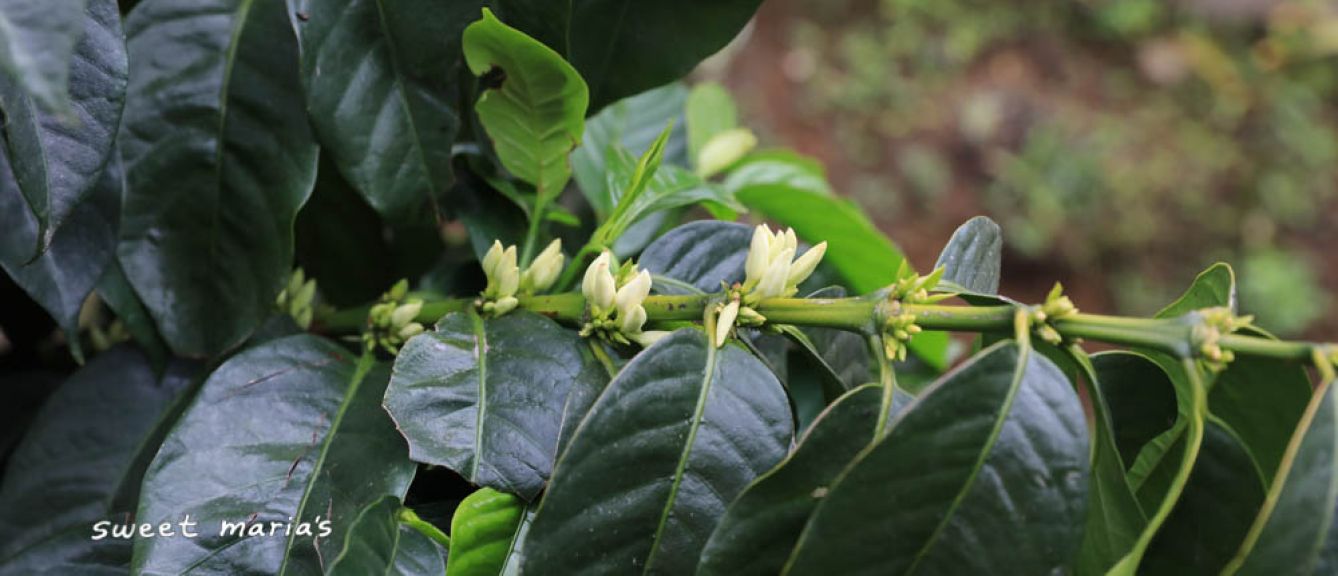
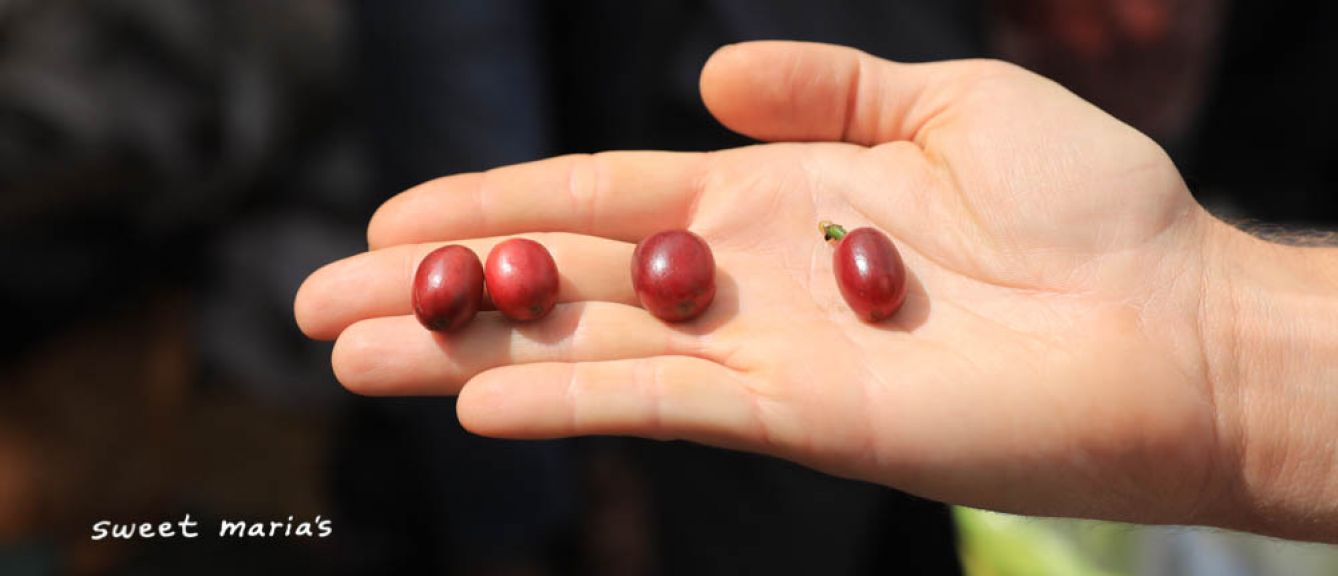
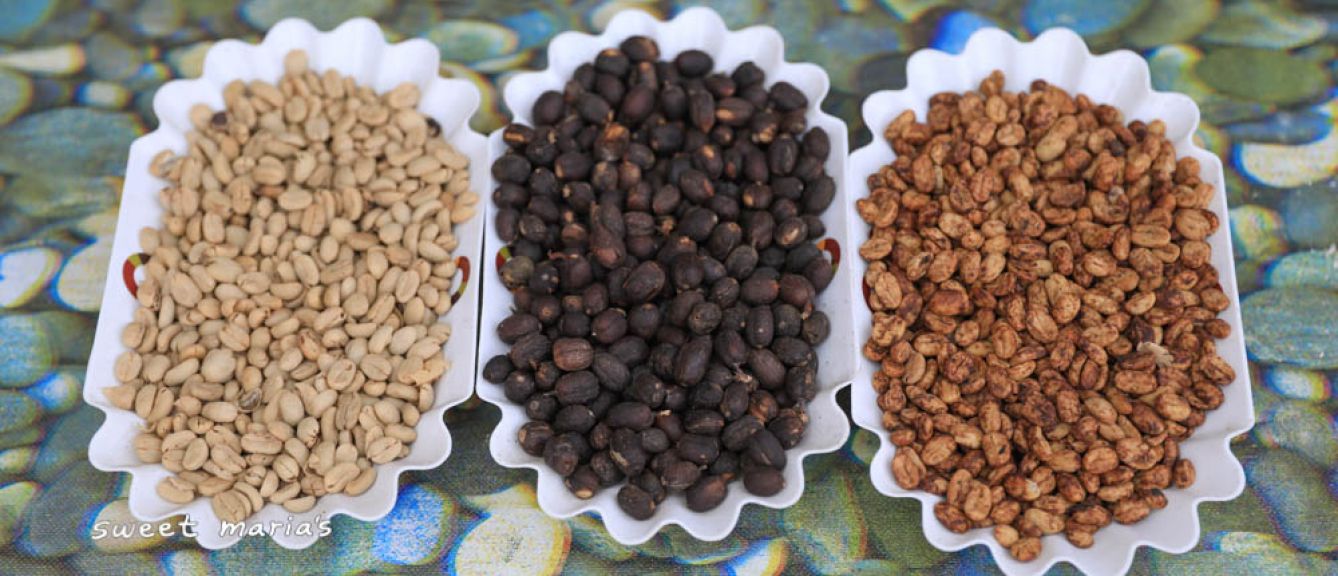
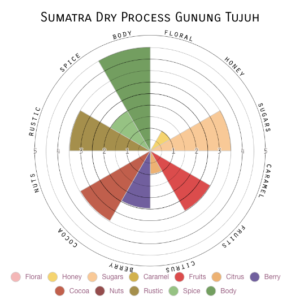
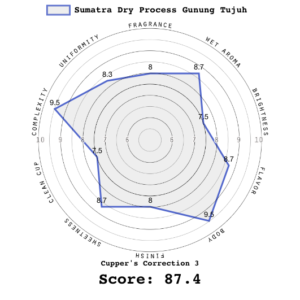
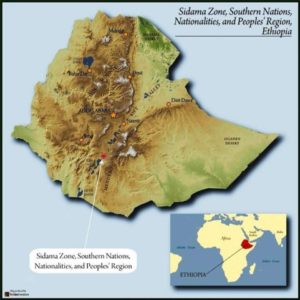 Origin Information
Origin Information